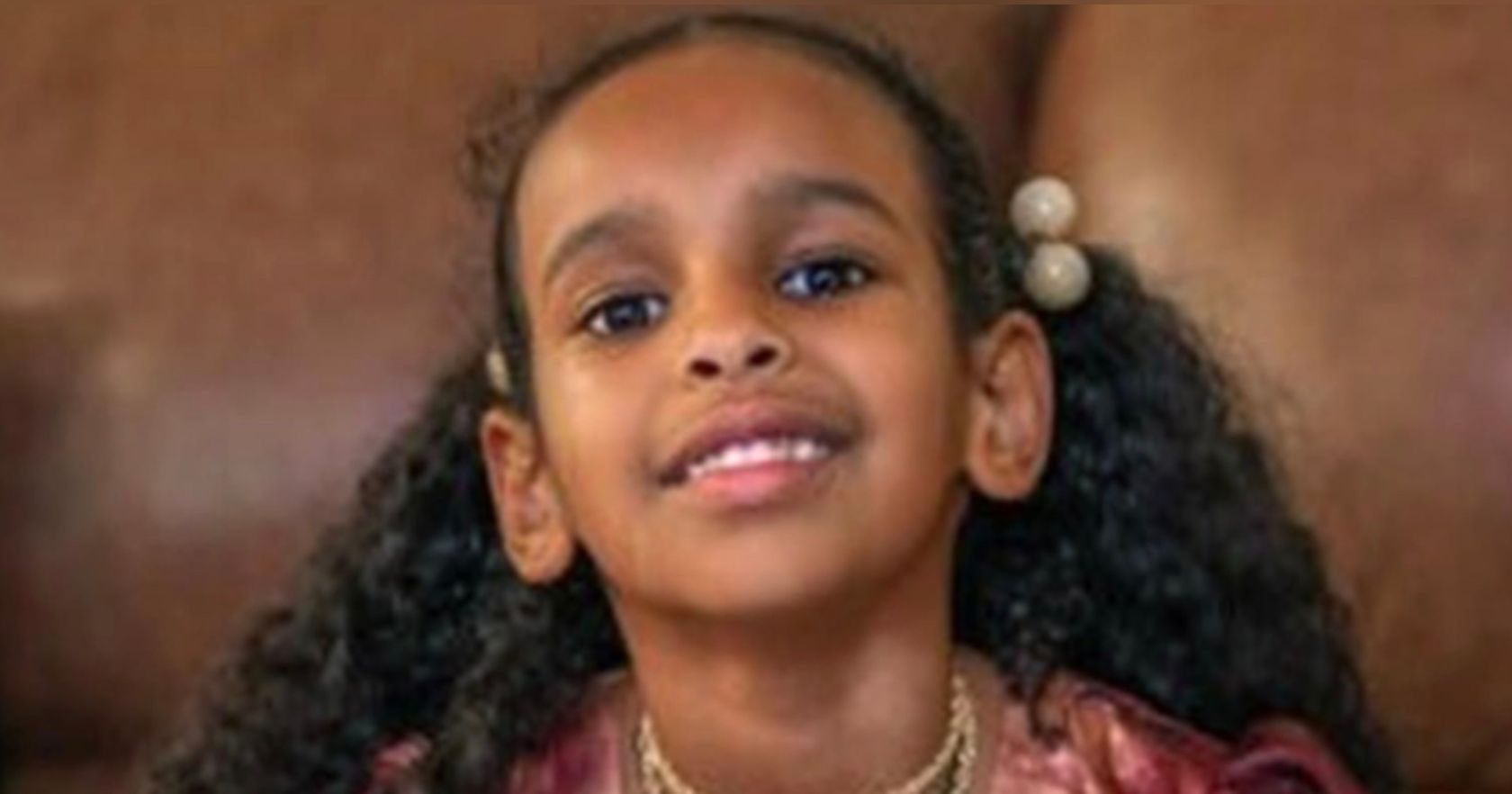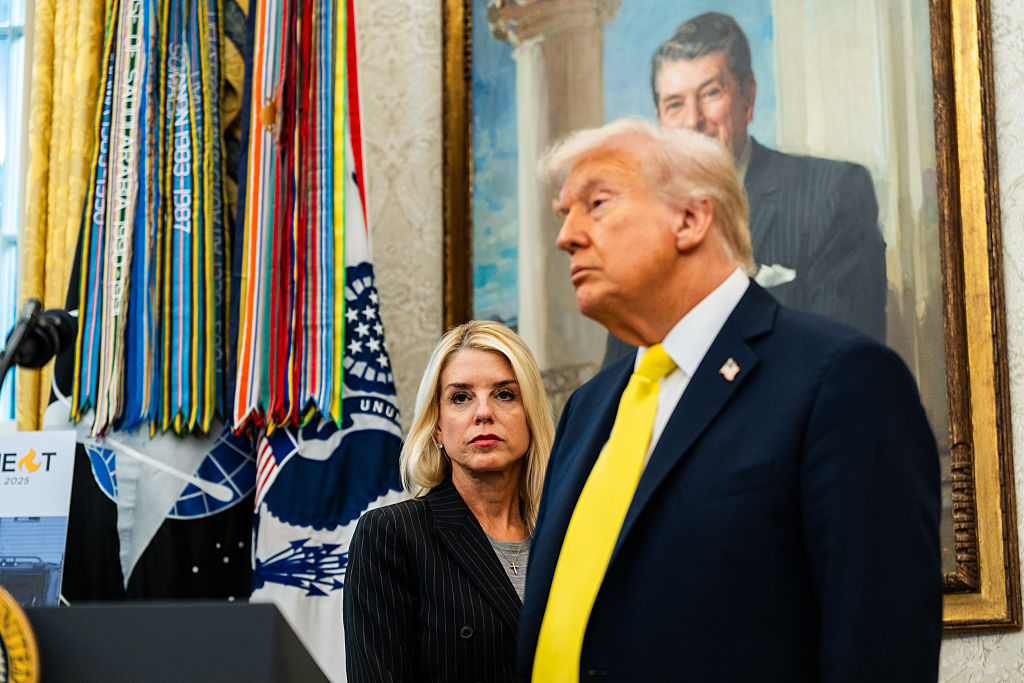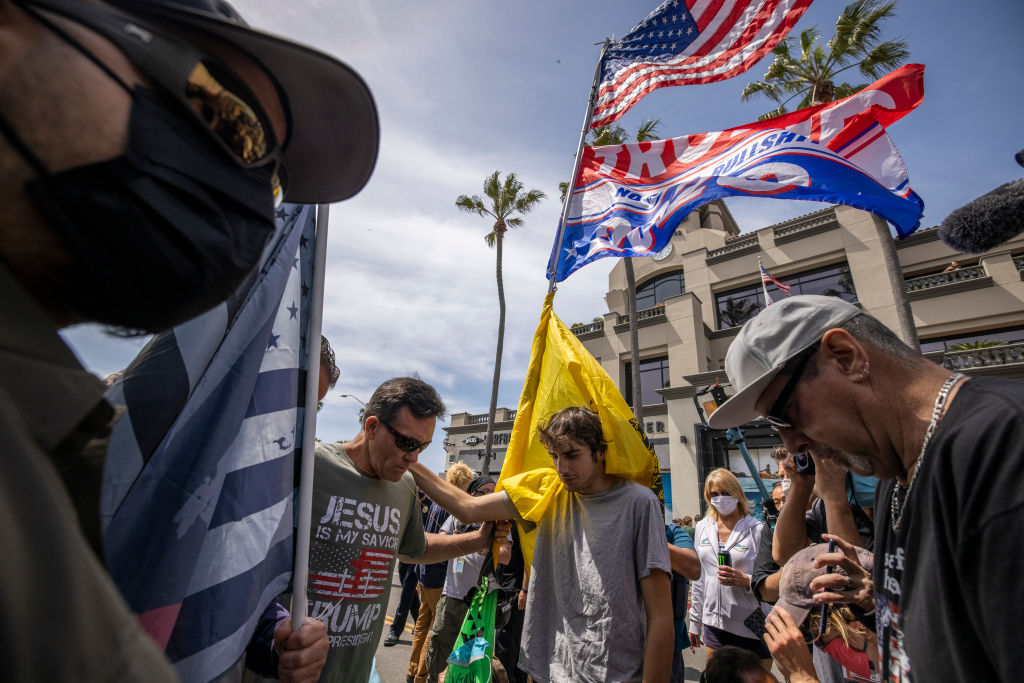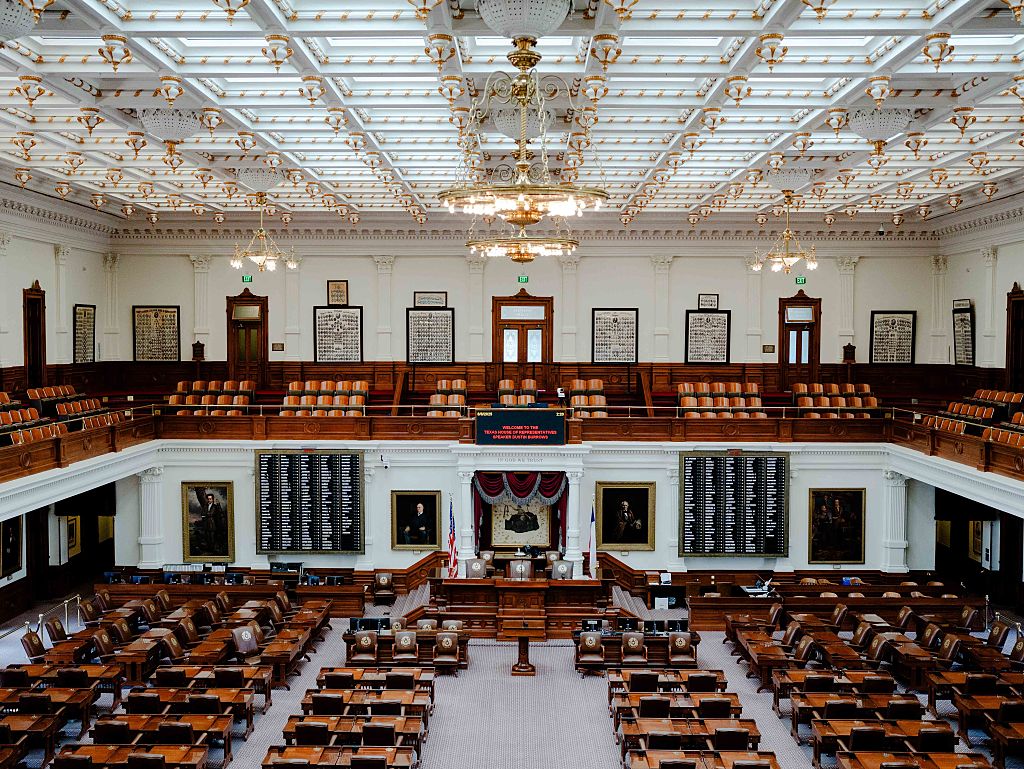Why Do Rappers Name Themselves After Criminals?
Rick Ross, CIA Linked Cocaine Dealer, Will Be Released
Who are the rap heroes’ heroes? You can find the answer in their names.
Current hip-hop heavyweight, Rick Ross, is named after a California crack cocaine dealer who partnered with the CIA in a drugs-for-cash scheme that funded an insurgency in Nicaragua. “Freeway” Ricky Ross, who left prison this month after serving 20-years of a life sentence, was not really a boss. He was a pawn.
50 Cent is named after a Brooklyn stick up kid who robbed and murdered local drug dealers. 50 Cent’s right hand man is named Tony Yayo, after the popular slang for cocaine. Another one of 50’s nemeses, Fat Joe, refers to himself as Joey Crack.
Even one of hip-hop’s most cerebral rappers, Nas, named himself after the world’s most infamous drug dealer, Colombia’s Pablo Escobar, when he adopted the alias, Nas Escobar. Countless amounts of other rappers have named themselves after guns, drugs, Black gangsters, Italian mobsters and fictional gangsters from television and the movies.
One of New York’s most popular rappers, Jim Jones, may or may not be named after the infamous Guyana cult leader who lead his followers into mass suicide. But he seems to have the same sort of cultish devotion to make his fans drink the proverbial Kool-Aid.
Should the Government Bail Out Hip Hop?
A name is a very important step in forming one’s identity. Malcolm X made a profound statement of his identity when he changed his last name from Little, because that name had likely been given to his family by white slave-owners. When Cassius Clay changed his name to Muhammad Ali, he also made a step into determining his identity as a Black Muslim. What does it say about the identities the rappers assume when they name themselves after criminals, guns, and drugs? Are they joining a religion of criminality and violence?
By adopting the names of infamous criminals, rappers are glorifying and idolizing criminals. Oppressed people tend to idolize successful criminals as one of the few examples of success from their communities. Many communities see these criminals as Robin Hood figures who battle oppressive governments to give back to their communities. Still, most of these criminals only hurt and exploit those communities. Drug dealers spend money on cars and jewelry for themselves, and hold basketball games or give away turkeys on Thanksgiving as token gestures. Whatever they may give back is negated by the violence and addiction they bring to the community.
While the rest of society seems to condemn crime, hip-hop glorifies it. Terms like thugs, gangsters and goons, which have negative connotations in mainstream society are positive terms in the hip-hop world.
Drug dealers and gangsters are not heroes. By glorifying and idolizing them, hip-hop continues the negative cycle of poverty, drugs and violence that it once fought to get out of.
It’s cool to watch a gangster movie or a documentary on crime, But nothing is cool about getting shot, going to jail or being addicted to drugs. Most rap fans are under young and impressionable. If these fans look up to rappers, and the rappers idolize the criminals, what’s to stop these fans from idolizing criminals too?
There was a time, in the late 1980s, when rappers named themselves after people from the Black Power movement. Not anymore. By naming themselves after famous murderers and community poisoners, today’s rappers are either letting the Feds now about their real criminal backgrounds, or, more likely, letting the general public know that they are fake wanna-be gangsters.











